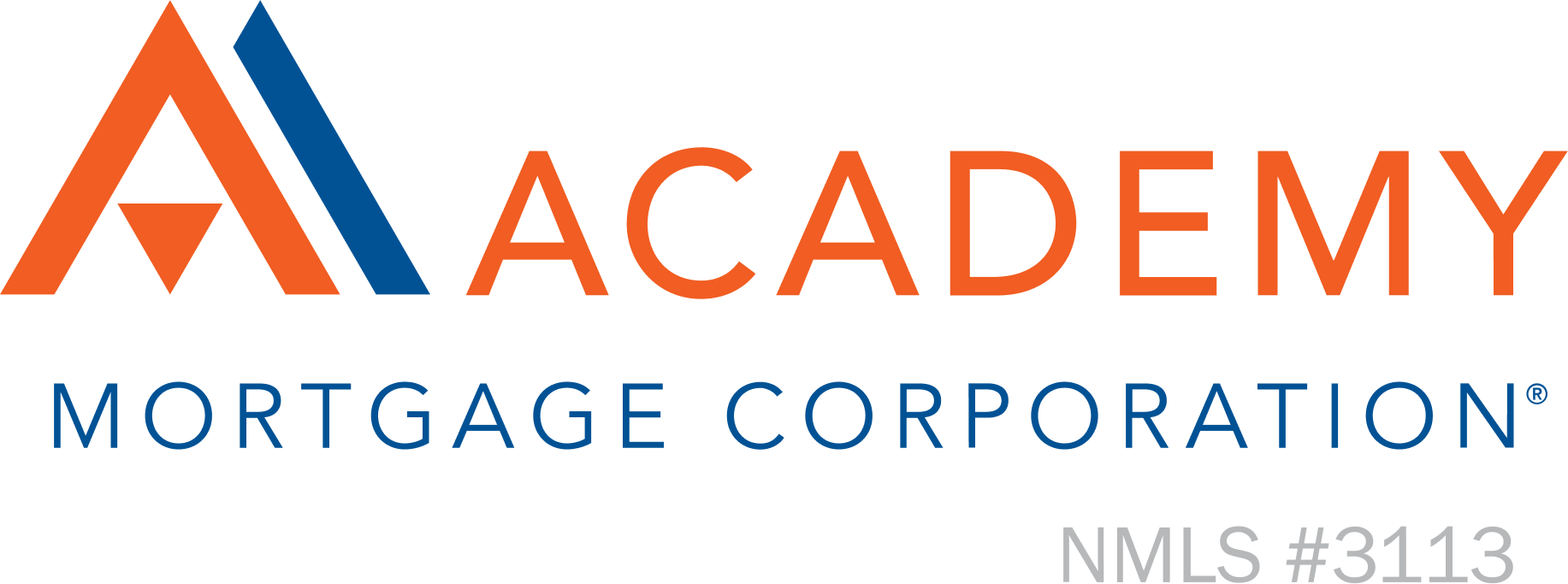Do you know what's in your credit report?


Demystify your credit report by getting to know your FICO score and the “Big 3” credit bureaus.
Credit reports. Credit scores. Creditworthiness. Credit invisible. There’s a lot to know about credit. Entire books have been written about it. Not only that, but the credit landscape changes often as new rules and regulations take effect.
You can read about what goes into your credit score here, as well as about some recent changes that could positively impact your score. As for your credit report, we’re here to guide you through it.
Your credit report: 3 things to know
Here are a few fast facts to remember:
1. You can get free credit reports each year.
The three credit reporting agencies in the U.S. are Equifax®, Experian®, and TransUnion®. You can request the free annual credit reports that you're entitled to from these agencies at AnnualCreditReport.com. You might choose to order all three free reports once a year or stagger them every few months. Either way, it's a great idea to regularly check your credit report to make sure the information is correct and up to date.
Because:
- Being aware of what’s on your credit report is the best way to ensure that someone in another state doesn’t put their bills in your name.
- If you spot fraud, you can place a fraud alert or freeze on your credit report. You can also request that fraudulent information is removed.
This is something worth staying on top of. The longer that a fraudulent debt is left alone, the more damage it can do as your FICO score adapts to the delinquent account.
💡 Do you have a charge-off on your credit report that needs to be removed? A charge-off is a debt that a creditor has written off as a loss—or given up on collecting. You can dispute a charge-off account on your credit report if you believe it’s an error. A credit bureau must then review your claim and correct or remove the charge-off if an error has been made.
If the information being reported is accurate, you could try to negotiate with the debt collector. They may remove the charge-off account from your credit file in exchange for a fee. If the debt collector agrees, you’ll likely have to pay the account balance in full. If the account has been delinquent for a while, the debt collector may be willing to accept less than the full amount.
2. Your credit score probably won’t be on your credit report.
Because of this, many people get their score from a free scoring site. However, it’s not unusual to find out that the credit score your Loan Officer pulls when you apply for a mortgage is different from the score given to you online. This is because the credit score that you access will depend on the credit scoring model that is used to calculate it.
In 1989, Fair, Isaac, and Company (FICO) devised a way to simplify measuring a person’s creditworthiness. The FICO scoring system weighs several factors about a potential borrower’s ability and willingness to pay back a loan. Before then, many people were unable to borrow money.
A FICO score ranges from 300 (high risk) to 850 (low risk), so the higher the score, the better. Most mortgage lenders use the FICO credit score to qualify a homebuyer for a loan, and most loan products have a minimum credit score requirement. A higher score often qualifies you for lower mortgage interest rates.
Your credit score can also vary based on:
- Industry-specific algorithms, such as credit card, auto, or mortgage
- Which credit bureau provides the report and what data they’ve collected
- Potential errors found on one bureau’s credit report versus another
In short: Using a popular credit scoring site isn’t always reliable. It’s important to keep in mind that online credit scores are likely to differ from the score your Loan Officer pulls.
Questions? Contact your local Academy Loan Officer.
3. You might not have a credit report if you’re credit invisible.
If you don’t have credit history with one of the three credit bureaus, you may be considered “credit invisible.” There are as many as 50 million people* with nonexistent or limited credit in the U.S. Being credit invisible can make it harder, though not impossible, to take out a loan, including a mortgage.
In 2022, Experian® created the first credit-building program to help “invisible” consumers establish a credit report.* Other actions, like opening a secured credit card and paying off the balance each month, can help you start building credit and prepare to qualify for a mortgage. A credit builder loan also allows you to make regular monthly payments that are reported to credit bureaus.
Do you have questions about your credit score?
We’d love to help. Contact your local Academy Loan Officer to set up a personalized assessment.
This is for informational and educational purposes only and not intended as an advertisement as defined by Regulation Z. Please consult a trusted professional as personal circumstances may vary. No specific results are guaranteed. MAC2501-2180552.


